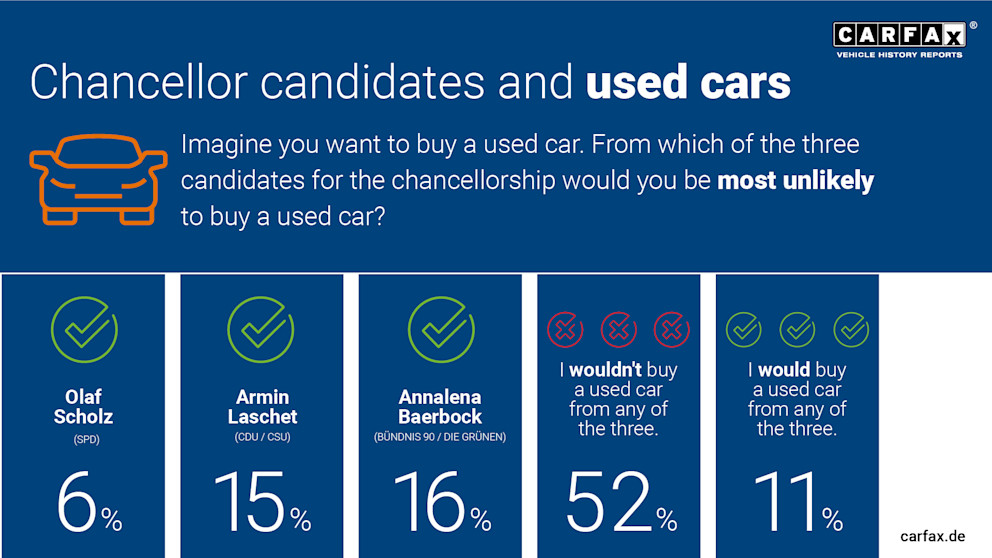It is common for vehicles with a combustion engine to occasionally expel some smoke from the exhaust pipe. However, depending on the color of the smoke, you can often determine a problem occurring. So, the first thing to do is to identify the color and density of the smoke coming out of the exhaust pipe to know whether the car requires repair or not.
White exhaust smoke
If it is a light smoke, there is no need to worry, especially if it is cold outside or there is a strong temperature contrast. When temperatures drop, we start the car and heat it up, water vapor is produced which is exhausted in the form of a mist-like light white smoke. It disappears when you pull out. However, if the smoke comes out like a thick cloud, you should contact your mechanic, since the problem is in the engine or in the burning of the coolant. The cost of repair in this case can exceed several hundred euros, especially if the fault lies in the engine block.
Black exhaust smoke
As in the previous case, the alert level depends on the density of the smoke and the type of engine. It is common for diesel engines to emit a light black smoke due to the presence of dirt or carbon in the injectors or the exhaust system. On the other hand, black exhaust smoke is not normal for gasoline engine cars, since it can mean a fuel system failure or excessive burning of gasoline, a fault that can cause numerous other problems. Clogged or dirty air filters and injectors are other easily eliminated defects causing black smoke. The solution here is to clean the injectors and replace the filter.
Blue exhaust smoke
Smoke this color should always alert us because it occurs when the engine burns oil. This can mean that oil is leaking on the engine or inside of it, which can cause a very serious breakdown costing more than a thousand euros to repair. If the smoke is moderate, it is best to go to the workshop as soon as possible. If the smoke is heavy, stop the car and call the tow truck, since continued circulation of oil in the engine can cause it to break down.
Gray exhaust smoke
It is common for combustion cars to emit grayish smoke from time to time. But this type of fumes could also be a symptom of a serious malfunction such as a cylinder head problem, one of the most expensive defects to repair. Gray smoke accompanied by a strong odor can cause the engine to overheat, which is why you should immediately contact your mechanic.
Exhaust smoke in a used car
A vehicle should undergo maintenance on a regular basis, which is important to check when buying a used car. At the time of the test drive, in addition to checking the general condition of the vehicle, you should make sure that it doesn’t emit smoke. The best way to check this is to drive at about 50 kilometers per hour in the second gear and accelerate fully. It is better to avoid a car that exhausts smoke, as it is impossible to know what kind of problem it will cause in the future.
Before buying a used car, it is necessary to check and review the vehicle’s history to make sure that the vehicle doesn’t have any hidden defects. With the CARFAX Vehicle History Report, you will be able to know every smallest detail about the car you want to buy and, thus, get it right.










